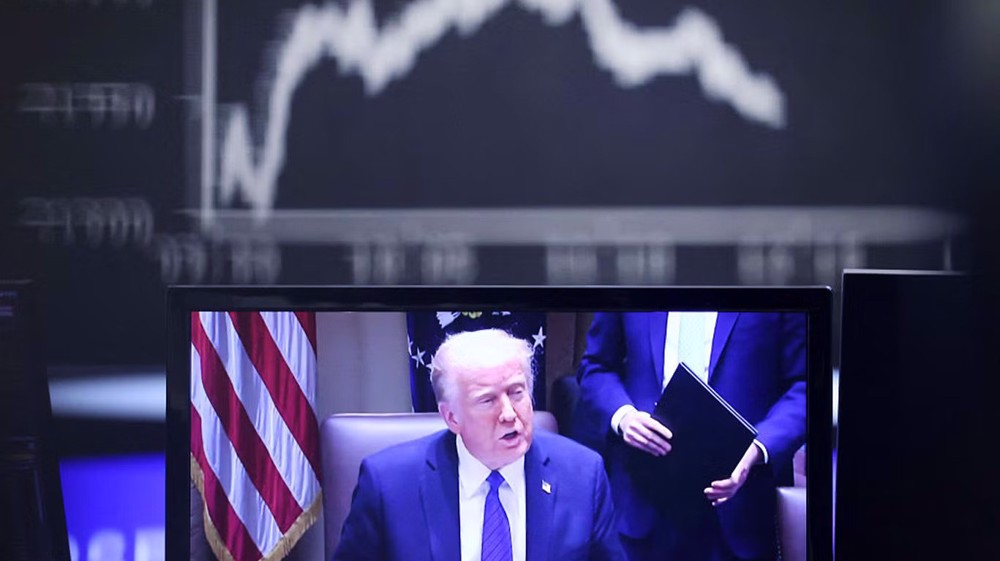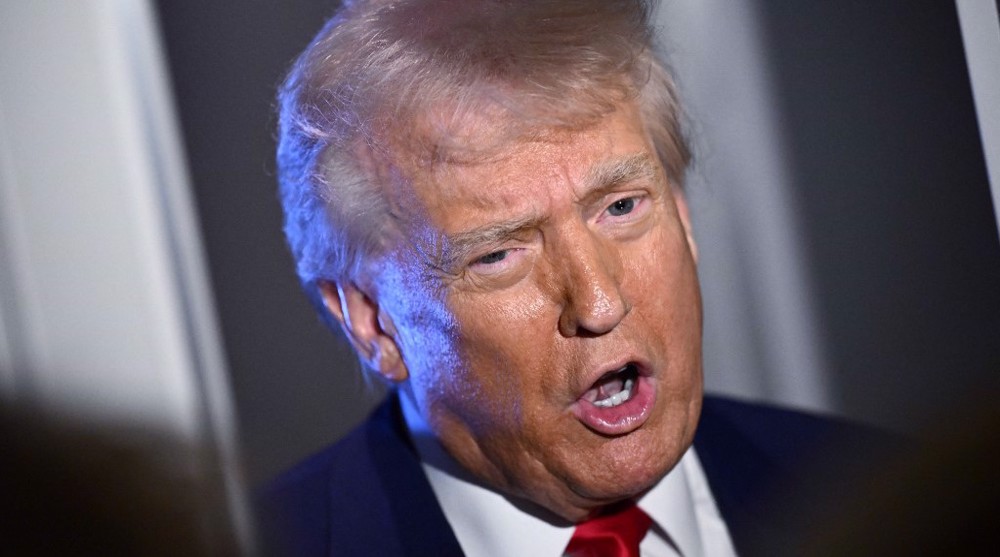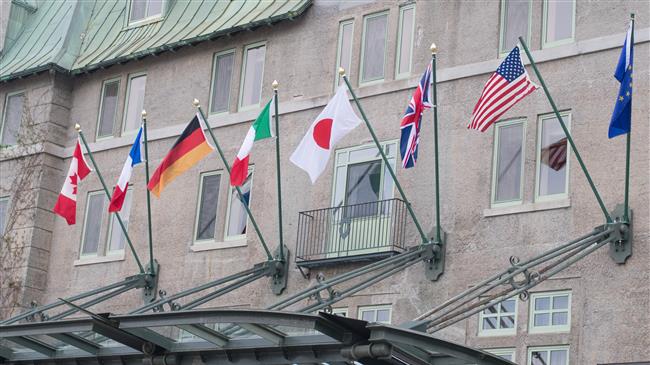US isolated as trade outrage roils G7 ministerial meeting
Group of Seven finance ministers ended their annual meeting Saturday with US allies united in condemning Washington's aggressive protectionism, calling on President Donald Trump to reverse his decision to impose punishing metal tariffs.
The lack of common ground meant the dispute would continue into next week's G7 summit in Quebec, Canada, where Trump is expected to face other heads of state as the global economy verges on outright trade conflict.
At this snow-capped mountain resort north of Vancouver, British Columbia, US Treasury Secretary Steven Mnuchin was the odd man out.
Major trading partners rebuked Trump's multi-front trade offensive while their governments announced countermeasures and legal challenges.
One after another, finance ministers and central bankers spoke of exasperation and an abiding sense of betrayal by a longtime ally.
Mnuchin, however, downplayed the disagreements and said the United States was committed to the G7 process.
Announcing the meeting's close, Canadian Finance Minister Bill Morneau said the host government and five others had urged Mnuchin to relay their "unanimous concern and disappointment."
"We said that we were collectively hoping that he would bring the message back of regret and disappointment at the American actions and concern that they are not constructive," said Morneau.
French Finance Minister Bruno Le Maire also expressed France's outrage as the meetings ended.
"I want to make it clear," Le Maire said, "that it is up to the US administration to make the right decisions to alleviate the situation and ease the difficulties."
Avoiding trade war "will depend on the decision the (US) administration is ready to take in the next few days and in the next few hours -- I'm not talking about weeks ahead," he added.
German Finance Minister Olaf Scholz told reporters the US tariffs were "a very severe problem" for transatlantic relations.
"No one understands that due to security reasons there should be extra tariffs on steel and aluminum," he said.
Trump's tariffs on America's largest foreign providers of the crucial metals that went into effect Friday upended the agenda for this normally convivial event for consensus-building among countries that account for about half of global GDP.
No joint final statement emerged from the G7 ministerial meeting, a sign of the strong discord now at the heart of the global economy.
How the White House would deal with this remained unclear.
As the ministers' meet ended, Trump was as bellicose as ever, taking to Twitter to denounce "stupid trade" in which he said the US saw foreign tariffs on its exports without responding in kind.
"When you're almost 800 Billion Dollars a year down on Trade, you can't lose a Trade War! The US has been ripped off by other countries for years on Trade, time to get smart!" he wrote.
Counting trade in both goods and services, the US trade deficit was $566 billion in 2017, a 12 percent increase marking its highest level since the 2008 Great Recession.
(Source: AFP)

Trump tariffs led to a $2.5 trillion wipeout for the US stock markets

China hits back with 34% tariffs on US imports as fears of global recession rise

Negative impact of Trump tariffs on UK economy
Bill to seize mosques in India gains presidential assent
Over 600,000 children in Gaza at risk of ‘permanent paralysis’: Ministry
Yemen accuses US of targeting civilians in Eid airstrike
VIDEO | US bombing campaign fails to deter Yemen
Hamas calls for mass participation in general strike in West Bank
Europe standing on wrong side of history by appeasing Israel: Iran
Israel plans to cut off Rafah from rest of Gaza by establishing new corridor
Araghchi says no round of talks held between Iran and US








 This makes it easy to access the Press TV website
This makes it easy to access the Press TV website